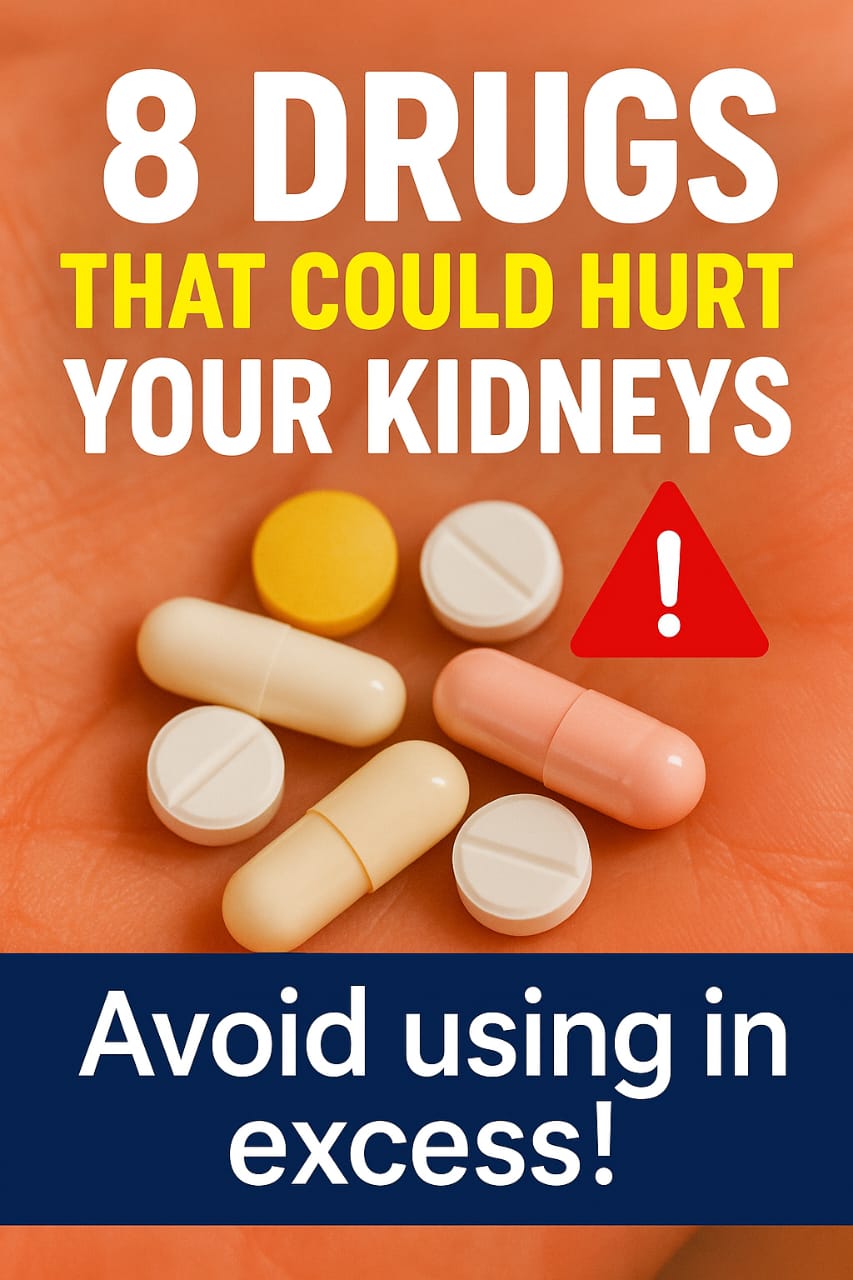Common names: Gentamicin, Vancomycin, Amphotericin B, and others
Certain antibiotics are known to be nephrotoxic (toxic to the kidneys), especially when given in high doses or for prolonged periods. These medications can damage kidney cells and impair their function, particularly in vulnerable individuals.
Tip: Use antibiotics only when prescribed and follow dosage instructions carefully.
3. Proton Pump Inhibitors (PPIs)
Common names: Omeprazole, Lansoprazole, Esomeprazole
PPIs are commonly used for acid reflux, heartburn, and ulcers. Long-term use has been linked to chronic kidney disease and acute interstitial nephritis. Many people use PPIs longer than necessary, increasing their risks.
Tip: Speak to your doctor about how long you really need to take PPIs.
4. Diuretics (Water Pills)
Common names: Furosemide, Hydrochlorothiazide, Bumetanide
Diuretics help the body eliminate excess fluid, often used to treat high blood pressure and heart failure. However, overuse can lead to dehydration, low blood pressure, and electrolyte imbalances that strain the kidneys.
Tip: Monitor fluid intake and electrolyte levels if you’re on diuretics.
5. ACE Inhibitors and ARBs
Common names: Lisinopril, Enalapril, Losartan, Valsartan
These drugs are commonly used for blood pressure control and heart health. While beneficial in many cases, they can sometimes cause sudden drops in kidney function, especially when combined with NSAIDs or diuretics.
Tip: Regular kidney function tests are essential when on these medications.
